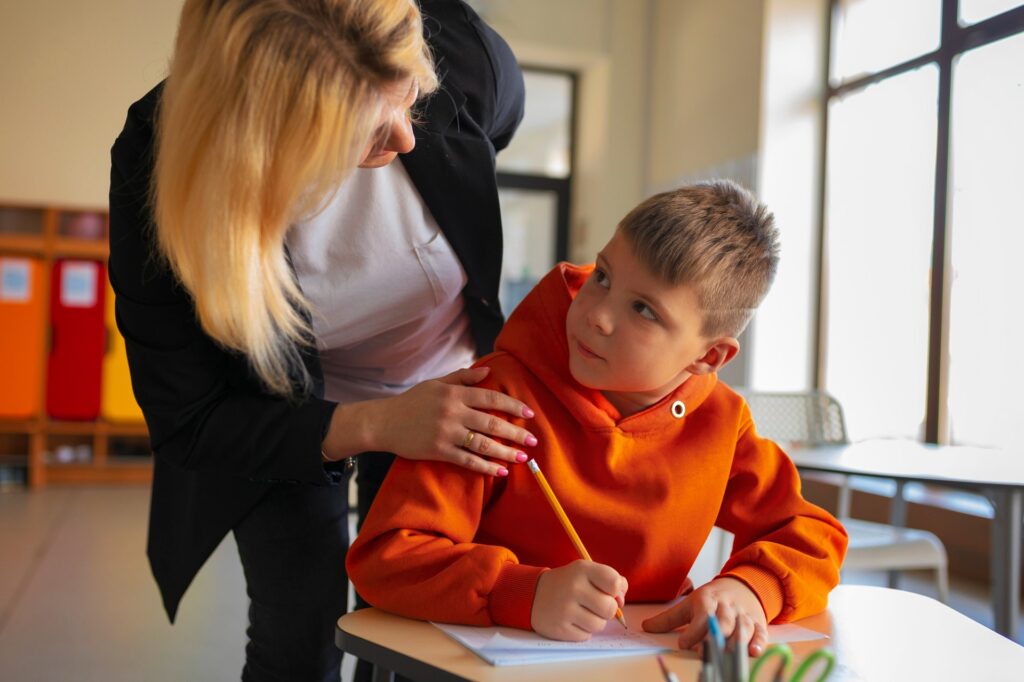What is Attachment Disorder?
What is attachment and why is it important?
Attachment is considered the deep connection between a child and their parent/caregiver that becomes encoded into their brain during the early years of their development.
Consistent positive experiences with a parent/caregiver help infants and children develop a secure and healthy attachment. When a parental figure responds to a baby’s crying by feeding, comforting, or changing them, the baby learns that they can rely on and trust the adult to care for their needs and keep them safe.
If attachment disorders in children are not addressed and treated quickly, they may experience ongoing issues throughout the entirety of their lives.






